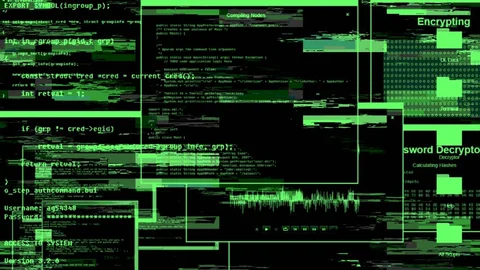Artificial Intelligence — or AI — is no longer some distant, futuristic idea. It’s here, right now, shaping our world in ways most of us couldn’t have imagined even a decade ago. While some people like to joke about a dystopian future filled with robot overlords, I don’t believe we’re headed for a sci-fi apocalypse. Instead, I see a future filled with massive change — some of it good, some of it challenging — that will reshape our lives, our jobs, and our society as a whole.
The Reality of AI Today
AI has quietly woven itself into nearly every industry. In many ways, it’s already doing jobs that used to require humans — and often doing them faster, more accurately, and without ever needing sleep, breaks, or coffee.
Here are just a few examples of how AI is making an impact today:
- Information Technology (IT): AI-driven monitoring systems are now identifying problems, taking action, and even fixing issues before a human technician is ever alerted.
- Software Development: AI can write code, test it, and even suggest improvements — work that once took teams of developers.
- Education: Students use AI to write papers and study, while teachers are turning to AI tools to detect when AI has been used, creating a strange new game of digital cat-and-mouse.
- Customer Service: Many call centers now use AI to handle basic questions and even some complex ones, reducing the need for large teams of human agents.
These are just a few areas — the list is growing by the day.
The Inevitable Job Shift
One of the hard truths we have to face is that AI will replace jobs. It’s not a matter of if, but when.
Why?
Because AI doesn’t get tired, doesn’t need a paycheck, and can process information at a speed no human could match. For businesses, this means higher efficiency and lower costs.
That said, this isn’t the end of work as we know it. While certain jobs will disappear, entirely new types of jobs will emerge. We’ll see a growing demand for roles focused on managing, guiding, and improving AI systems. Think of it like the industrial revolution: machines replaced many jobs, but they also created entirely new industries we couldn’t have predicted at the time.
Preparing for the Good — and the Bad
AI isn’t inherently good or bad. It’s a tool — a powerful one. What matters is how we choose to use it.
Here’s what I believe:
- The Good:
- AI will free us from repetitive, time-consuming tasks.
- It will open doors to innovations in medicine, engineering, education, and more.
- Small businesses and individuals will gain access to tools that were once only available to large corporations.
- The Bad:
- Some industries will see widespread job loss and economic disruption.
- Privacy and security concerns will grow as AI becomes more embedded in our daily lives.
- There’s a risk of over-reliance on AI, where we stop questioning its decisions.
The key is to prepare, both as individuals and as a society. That means learning new skills, staying informed, and being willing to adapt as the world changes around us.
The Future Is Coming Fast
We can’t slow down the pace of AI development — it’s moving too quickly and the benefits are too great for anyone to hit pause. But what we can do is make sure we’re ready for what’s next.
Whether you’re in IT, education, healthcare, manufacturing, or any other field, AI will touch your work and your life. It’s up to each of us to embrace the opportunities while staying aware of the risks.
The world is changing, and like it or not, AI is leading the charge. By preparing now, we can help shape a future where AI doesn’t control us — but instead works with us to build something better.


